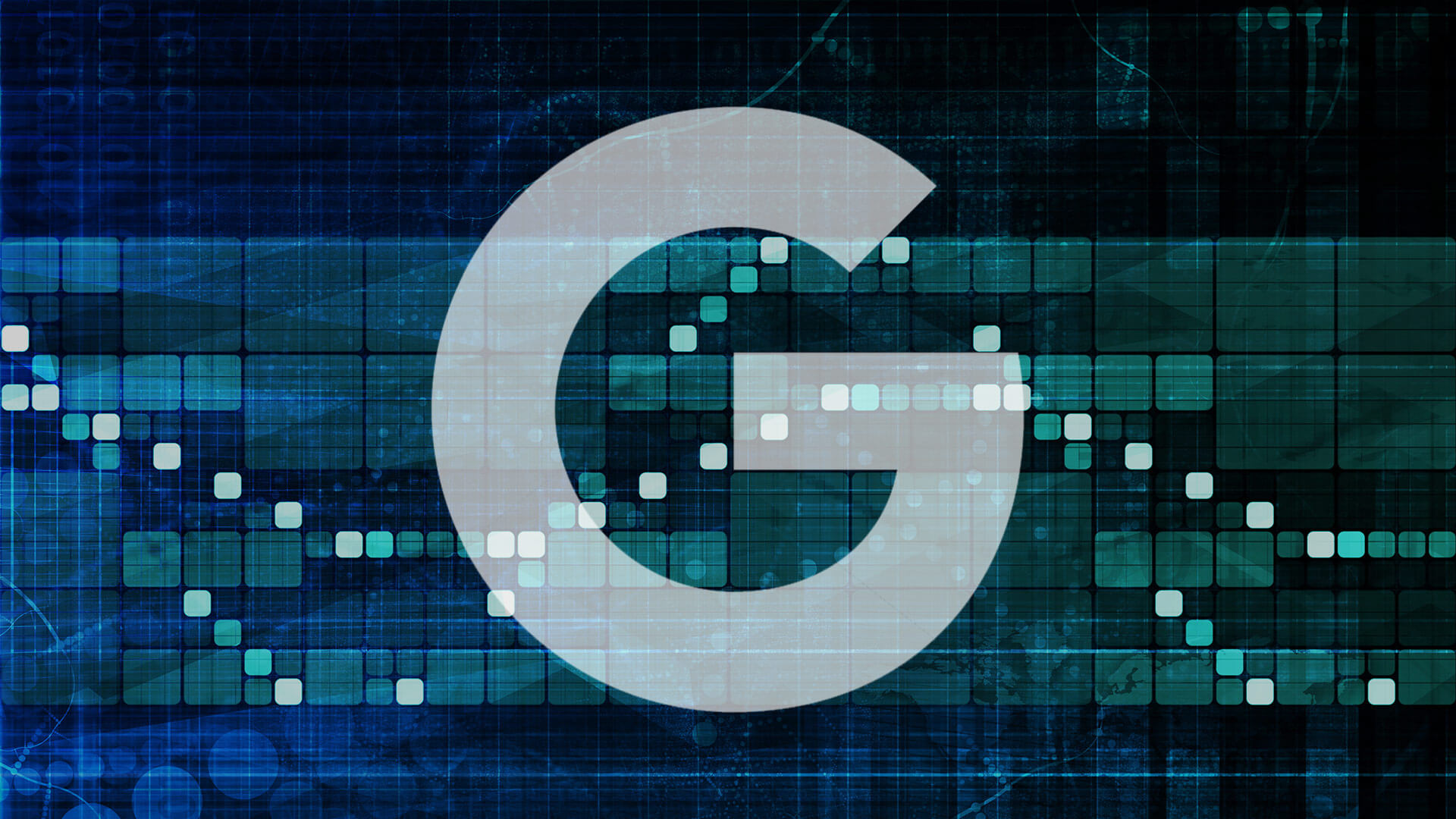Today I came across some statistics that completely changed my perspective on what Google is. When you read the word “Google”, what comes to mind? For most people it is probably the search engine. Some people may see a bigger picture and think of Google as this broad entity with a diverse range of products. After my revelations today, I now see Google as really just an advertising company.
Some economists say that data has surpassed oil as the most valuable commodity on earth. While the truth of that statement is unclear for now, it can’t be argued that data has made many tech giants richer than most people can mentally quantify. Google’s total revenue in 2019 was $164.74 billion. Of that amount, $134.81 billion is solely from ad revenue (statista.com). That statistic may be eye popping to a lot of people. “But Google makes so much from it’s actual products like Android phones and Google Cloud Platform.” I argue that those products real purpose is to enable Google to make more on its advertising platform by gathering data.
How does that work?
Google collects a LOT of data about you. If you have Google Maps, it knows what restaurants and stores you go to frequently. Google’s search engine tracks what you search for on the web, and if you use Google Chrome it can see every single page you visit. Gmail knows what accounts you have linked to your email and the kind of emails you get most frequently. There are so many ways that Google can get a little information about what you do at almost every step you take in the digital world. From that data, Google’s algorithms can infer your interests and preferences such as ‘guitar’, ‘computers’, or ‘running’. All of the data that Google keeps about you is stored and linked to a ‘unique advertising ID’. Google uses this ID number to link things that are searched, visited, and bought to the same entity.
When a company wants to advertise itself, it wants to reach as many people that may find it interesting as possible. That way the people that see the ad are more likely to click on it to find out more. This is where Google’s data comes in. Let’s look at an example where Google offers, say a guitar making company, a way to show ads to people that play or are interested in guitars. The guitar company would pay Google to run its ads for people who like guitars. To do that, the ad spaces that Google owns would fill with that guitar ad whenever a person with ‘guitar’ in their advertising ID visits that page.
This is where 82% of Google’s money comes from. Google has a lot of really dominant and widely used products that are “free to use”. However, it’s important to understand that even though you don’t pay to use things like Chrome or Google Maps with money, you are making Google billions of dollars by using their product and sharing your data with them.
How much does Google really know about you? It was hard to wrap my mind around that at first.
Google know a LOT about you. I’ve already mentioned that they know everything you’ve searched for and what sites you’ve visited. Depending on what other Google products you use, they could know other very intimate details of your life. If you have Google Maps, you should check out your Google Maps Timeline. Scary stuff right? Google knows the home you left and the path you walked to class. It is kind of mind-blowing to know that there is an entity out there that has such a complete record of your life. Per their claims, they don’t associate the data they collect with a person; it is only labeled with a number that is linked to your browser and phone. However, the location data alone could easily be used to figure out who lives at the address frequented by a specific ad ID. Given the amount of personal information that can be gleaned from your Google profile, it might rightfully make someone nervous about where and how that data is used.
You might see a lot of Twitter noise about how Google “sells your data”, but that is really just uninformed group-speak. All the data that Google collects is way too valuable to Google to sell. Let’s think about it in terms of manufactured product designs. Let’s say there is a company who engineered a product that is so much better than any other competing design that it earns twice as much as any competitor. Additionally, four fifths of the dominant company’s revenue comes from that single product. Would it make the dominant company money to sell its design for that product? In the short term, yes. But in the long run, the dominant company would lose much of the market share because all of a sudden its competitors are producing the same product. It just doesn’t make sense in the long run. With this analogy I’m not saying that Google doesn’t sell any of the data they collect, but I am saying that it wouldn’t make sense for them to. If Google sold its ‘anonymized’ user data, it wouldn’t be able to offer the unique ad service that it does.
This exploration led me to ponder lots of interesting questions. One question I thought about is: at what point does data become too intrusive? I think that there is some data that is collected that really isn’t as useful and therefore is going too far. For example, I understand using location data and geofencing to recognize that a person shops at a sporting goods store and therefore is likely into sports. On the way there, though, the app recorded the exact path taken and the timestamp down to the minute. That is too far for me.
Another question I had was: should regulations be passed to protect our privacy against things like that? Political questions quickly become a rabbit hole with no easy answer. My initial thoughts are that some kind of protections are needed, but it would be difficult to express specifically what kind of privacies should be protected. Big Data is now integral to the US economy, and it should not be taken lightly what the ramifications of overdoing protections could be. That being said though, I think that the status quo is not going to be enough as technology and data collection advances.
I’m interested to hear perspectives and other open-ended questions from people who read this post. Feel free to message me or leave a comment to start a discussion!

